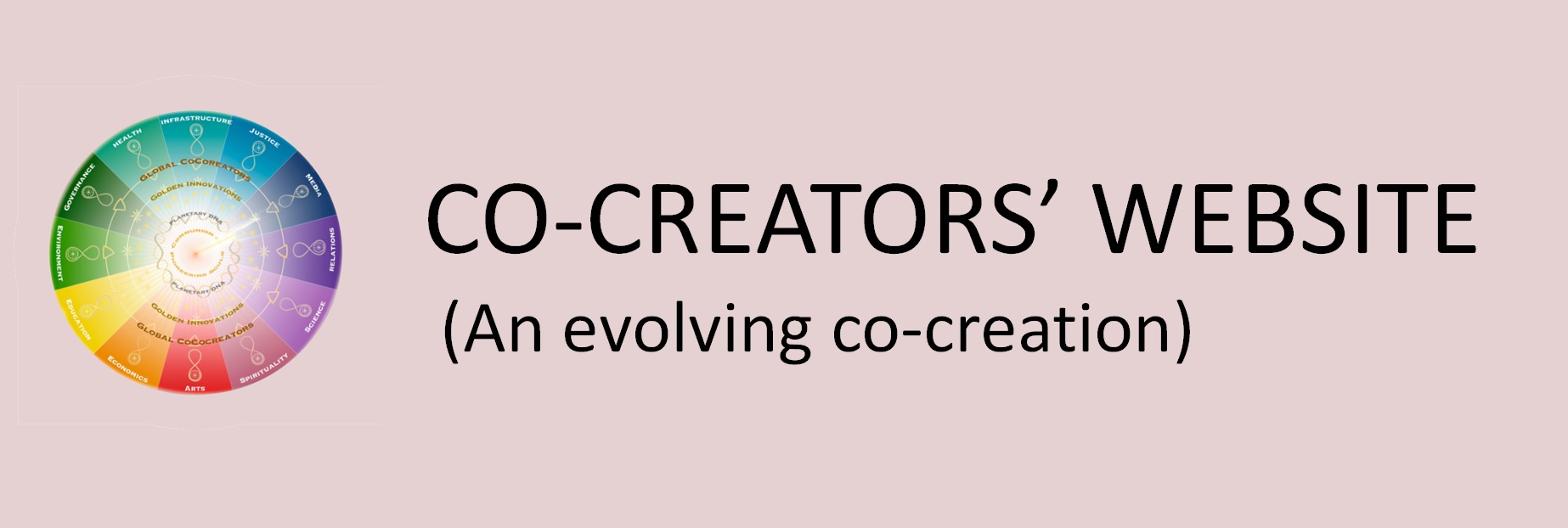Team structure
Whereas we trust the Universe to bring forward the right people for co-creation, we may be overwhelmed with people showing up, and may need to make decisions about how to best structure our teamwork. Below are some general guidelines for forming co-creative teams:
- Build teams with people who have a life purpose which is aligned with the team’s, although with no personal attachment to being a member of the team, i.e., 2nd tier people who are happy to leave the team if people who can contribute better show up.
- Choose a team of five to eight people
- At least five, to allow for diversity
- Maximum eight, to allow for deep listening and integration of everybody’s gifts while maintaining efficiency.
- It is important that team members bring complementary skills and gift, both for manifesting the shared purpose, and for filling the different roles (which can be combined):
- Spirit navigator, monitoring alignment with evolution
- Harmony navigator, monitoring coherence within the team
- Canoe/process navigator, designing and monitoring stage progression in the Magic Canoe process towards vision
- Collective intelligence navigator, monitoring that every member’s gifts are included for the co-creation
- Coherence navigator, monitoring and transparently exploring causes for lack of coherence in the team and in team members
- Rhythm/time navigator, monitoring clarity on time requirements and progression towards achieving the vision
- Link navigator, presenting team and exploring synergies with other teams
- Scribe, offering documentation of insights and progress
Team co-creation process
Genuine exploration and co-creation occur when we:
- Embrace “holding the tension of unknowing”, the ambiguity which is necessary to opening into new thinking and possibilities for learning “as a learner” from whatever happens.
- Design a container where it is “safe to fail”, to disagree, to self-doubt, to take risks for building trust (in self) and trustworthiness (with others) as we navigate unfamiliar territories and new horizons.
- Commit to be, and bring out the best in ourselves and others, as “a practice” of caring regard.
- Appreciate and encourage different points-of-view, novel ideas and “devil’s advocacy” counterpoints.
- Choose to interrogate reality, zooming in and out to assess systemic conditions, blind spots, questioning our assumptions and “sacred” beliefs.
- Utilize “other ways of knowing”, without simple logical explanations, to draw on embodied learning, intuition and inspiration
